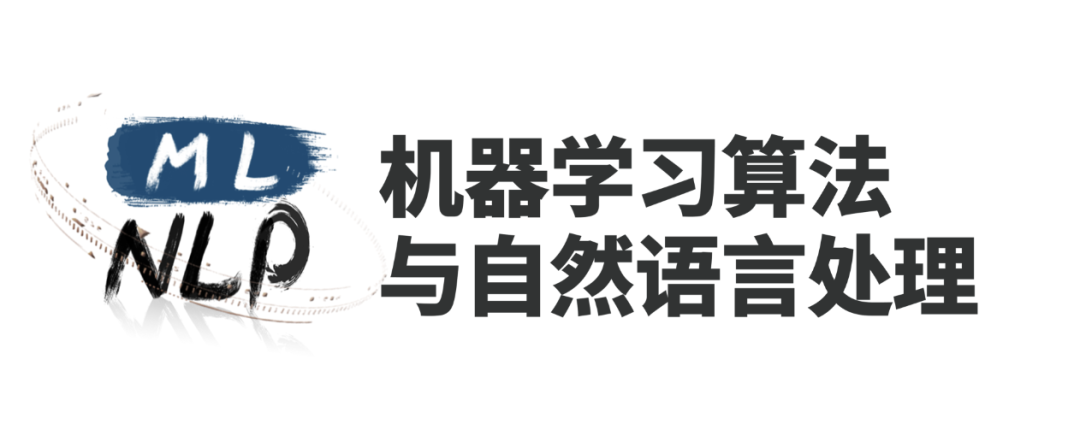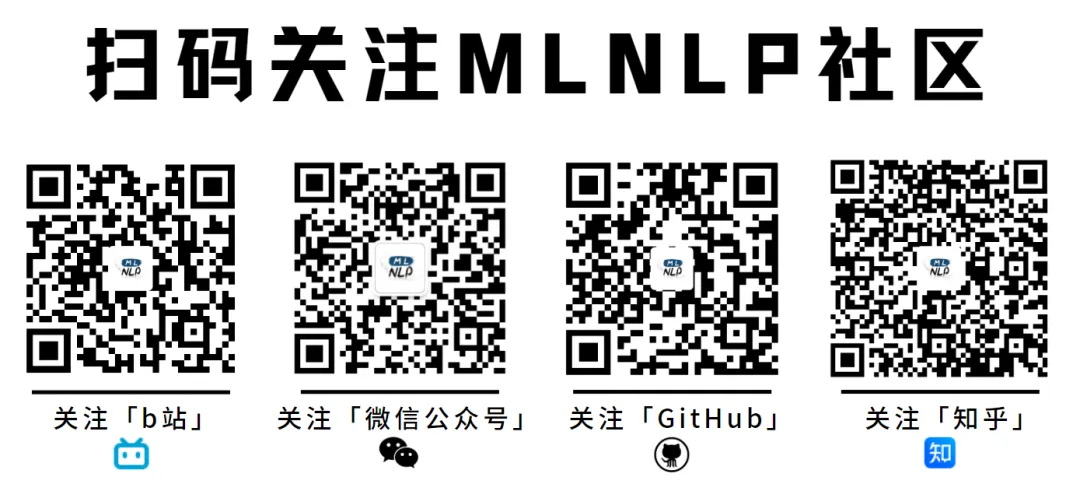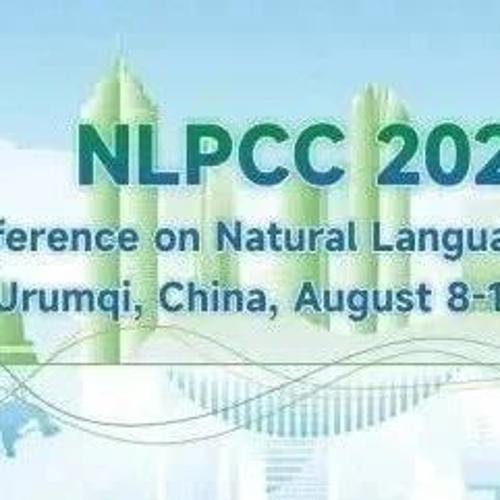

The CCF International Conference on Natural Language Processing and Chinese Computing (NLPCC) is the annual meeting of CCF-NLP (Technical Committee of Natural Language Processing, China Computer Federation). NLPCC is a leading international conference specialized in the fields of Natural Language Processing (NLP) and Chinese Computing (CC). NLPCC is in the list of International Academic Conferences and Periodicals Recommended by CCF,and selected for the CCF High-Quality International Academic Conference Promotion Program. In addition, NLPCC 2025 has introduced the CCF Distinguished Paper Award, which will be submitted by the program committee to CCF for approval. Once approved, no more than two CCF Outstanding Paper Awards can be granted. It serves as a main forum for researchers and practitioners from academia, industry, and government to share their ideas, research results and experiences, and to promote their research and technical innovations in the fields. Previous NLPCC conferences were successfully held in Beijing (2012), Chongqing (2013), Shenzhen (2014), Nanchang (2015), Kunming (2016), Dalian (2017), Hohhot (2018), Dunhuang (2019), Zhengzhou (2020), Qingdao (2021), Guilin (2022), Foshan (2023), and Hangzhou(2024).
Today, NLP and CC technologies are among the most active research and development areas due to the rapid advancement of the Internet as well as the worldwide proliferation of mobile devices and social media. The fields are facing many new challenges arising from intelligent applications and big data, such as business intelligence, social analytics, etc.
NLPCC 2025 welcomes original technical papers on new concepts, innovative research, systems, standards, resources & evaluation, applications, and industrial case studies related to NLP & CC. Authors are invited to submit complete and unpublished papers in the following categories. Please note that this year, NLPCC will ONLY accept submissions in English.
● Survey papers
Relevant topics of NLPCC 2025 include, but are not limited to, the following:
The proceedings of the conference will be published as a volume in the Springer LNAI series, which is EI & ISTP indexed. Authors should format their submissions according to the LNCS instructions (https://www.springer.com/gp/computer-science/lncs/conference-proceedings-guidelines). The maximum length for papers is 12 pages, including references and appendices. Thus, submissions must adhere to the standard Springer style sheets ([LaTeX] (https://resource-cms.springernature.com/springer-cms/rest/v1/content/19238648/data/v8) [Microsoft Word] (https://resource-cms.springernature.com/springer-cms/rest/v1/content/19238706/data)). All papers should be prepared in PDF format.
Anonymity Requirements for Double-Blind Reviewing:
Every research paper submitted to NLPCC 2025 will undergo a “double-blind” reviewing process: the PC members and referees who review the paper will not know the identity of the authors. To ensure anonymity of authorship, authors must prepare their manuscript as follows:
5. You must also use care when referring to related previous work, particularly your own work, in the paper. For example, if you are Jane Smith, the following text gives away the authorship of the submitted paper:
In our previous work [1,2], we presented two algorithms for … In this paper, we build on that work by …
Bibliography
[1] Jane Smith, “A Simple Algorithm for …,” Proceedings of ACL 2007, pp. 1-8.
[2] Jane Smith, “A More Complicated Algorithm for …,” Proceedings of ACL 2008, pp.33-40.
The solution is to reference your past work in the third person (just as you would any other piece of work that is related to the submitted paper). This allows you to set the context for the submitted paper, while at the same time preserving anonymity:
In previous work [1,2], algorithms were presented for … In this paper, we build on that work by …
Bibliography
[1] Jane Smith, “A Simple Algorithm for …,” Proceedings of ACL 2007, pp. 1-8.
[2] Jane Smith, “A More Complicated Algorithm for …,” Proceedings of ACL 2008, pp.33-40.
It is the responsibility of authors to do their very best to preserve anonymity. Papers that do not follow the guidelines here, or otherwise potentially reveal the identity of the authors, are subject to rejection without review.
● IR / Dialogue Systems / Question Answering
○ Xi Wang, University of Sheffield
○ Jiashu Zhao, Wilfrid Laurier University
○ Jiaxin Mao, Renmin University
○ Zhijing Wu, Beijing Institute of Technology
● Fundamentals of NLP
○ Meishan Zhang, Harbin Institute of Technology, Shenzhen
○ Liner Yang, Beijing Language and Culture University
● Information Extraction and Knowledge Graph
○ Yubo Chen, Institute of Automation, Chinese Academy of Sciences
○ Yumin Shang, Beijing University of Posts and Telecommunications
○ Chao Huang, University of Hong Kong
○ Yang Deng, Singapore Management University
● Large Language Models and Agents
○ Yanan Cao, Chinese Academy of Sciences
○ Yuxuan Lai,The Open University of China
○ Yue Feng, University of Birmingham
○ Yongbin Li, Alibaba Group
● Machine Learning for NLP
○ Yunshan Ma, Singapore Management University
○ Lin Gui,King’s College London
● Machine Translation and Multilinguality
○ Zhaopeng Tu, Tencent AI LAB
○ Jiahuan Pei, Vrije Universiteit Amsterdam
● Multimodality and Explainability
○ Xiang Wang, University of Science and Technology of China
○ Na Zhao, Singapore University of Technology and Design
○ Chenghua Lin, University of Manchester
● NLP Applications / Text Mining
○ Ren Li, Chongqing Jiaotong University
○ Jing Li, Hong Kong Polytechnic University
○ Pengjie Ren, Shandong University
○ Yangjun Zhang, Queen Mary University
○ Guansong Pang, Singapore Management University
● Summarization and Generation
○ Piji Li,Nanjing University of Aeronautics and Astronautics
○ Xiuying Chen, Mohamed bin Zayed University of Artificial Intelligence
● Sentiment analysis / Argumentation Mining / Social Media
○ Yunfei Long,Emory University
○ Zhen Wu, Nanjing University
○ Ruihong Qiu, University of Queensland
○ Xiaocheng Feng, Harbin Institute of Technology
If you have any questions about paper submission, please contact the Program Co-Chairs at maoxl@bit.edu.cn and z.ren@liacs.leidenuniv.nl. For more information about the conference, please email nlpcc_general@163.com.

(文:机器学习算法与自然语言处理)

